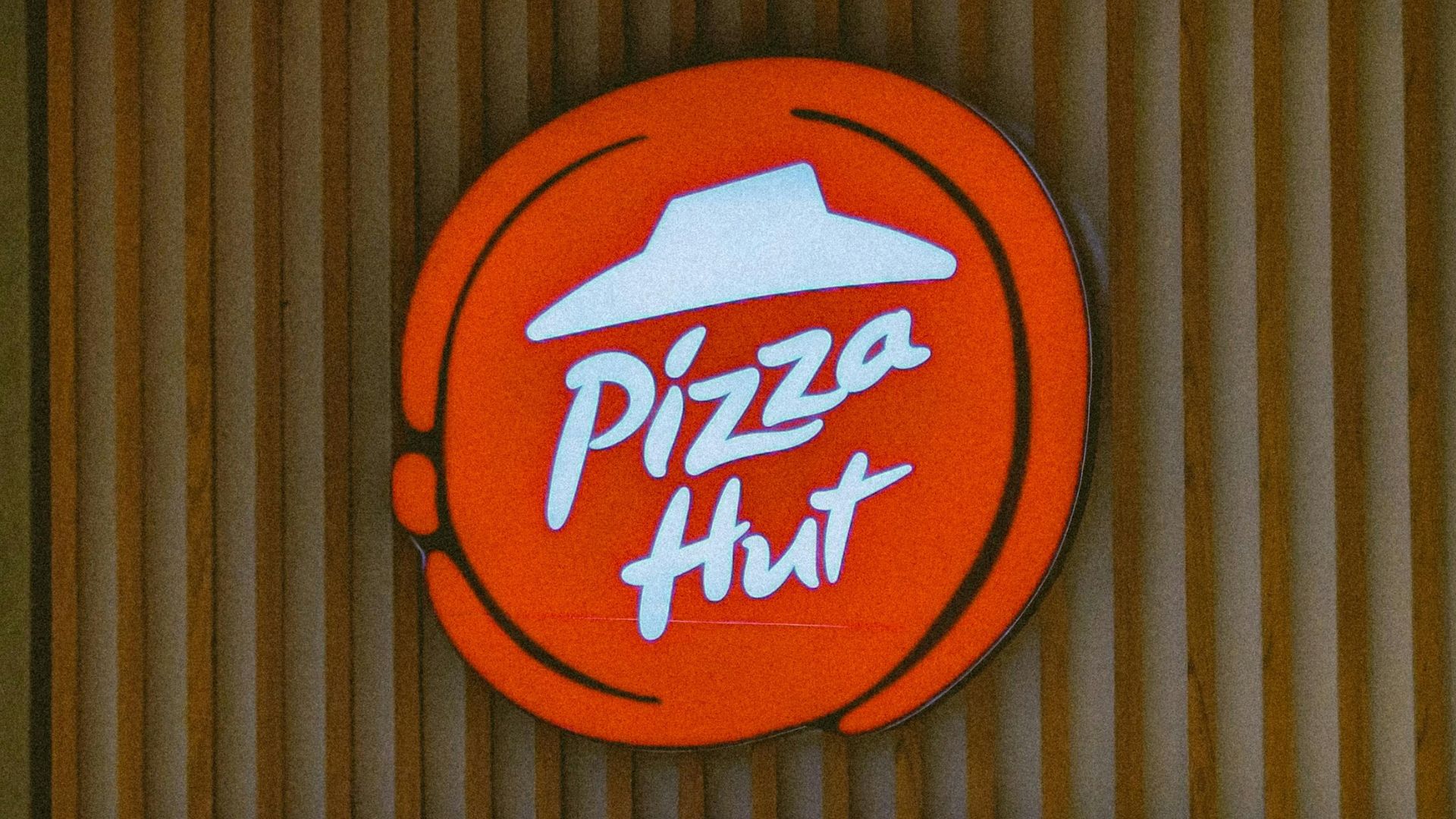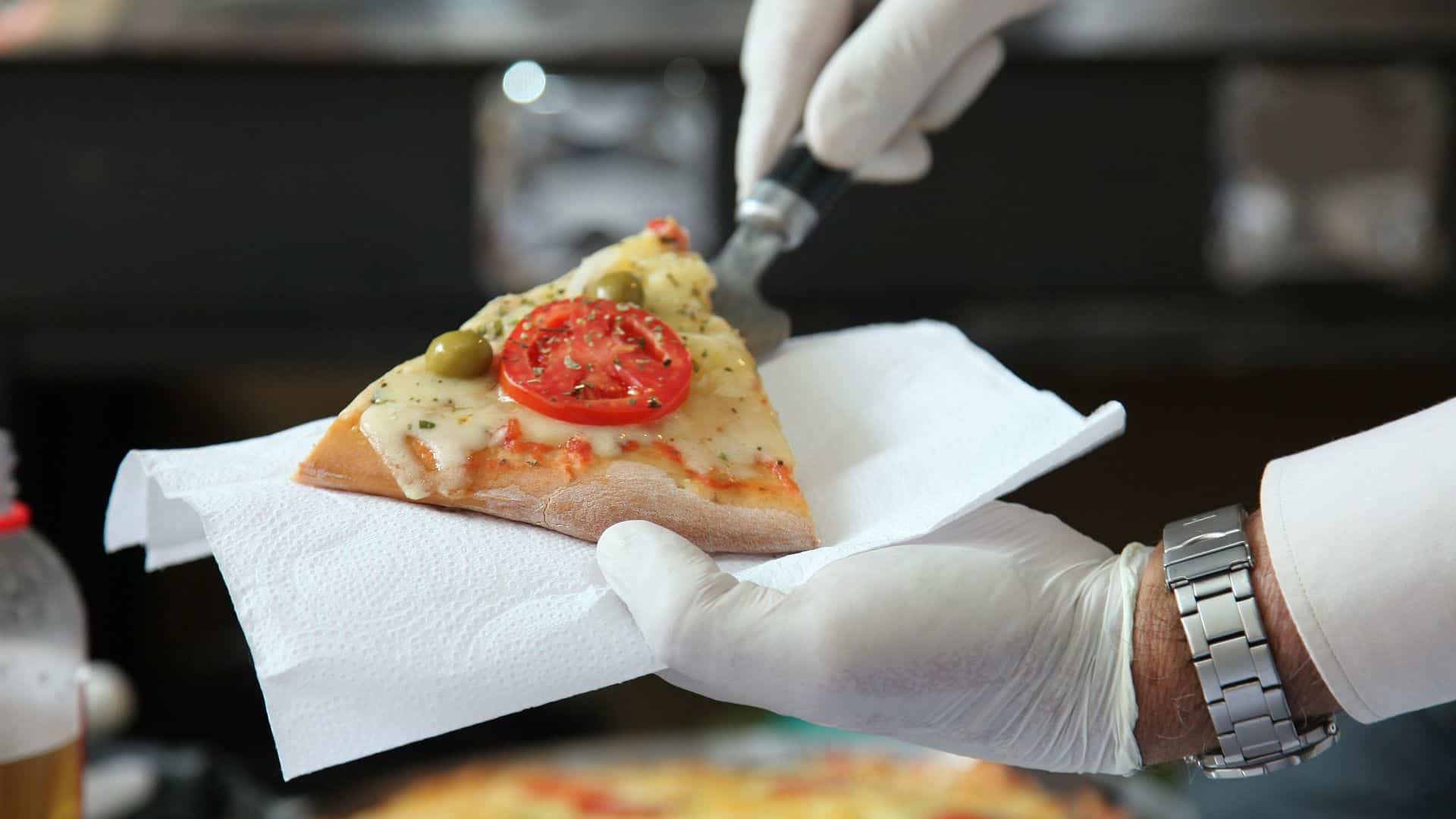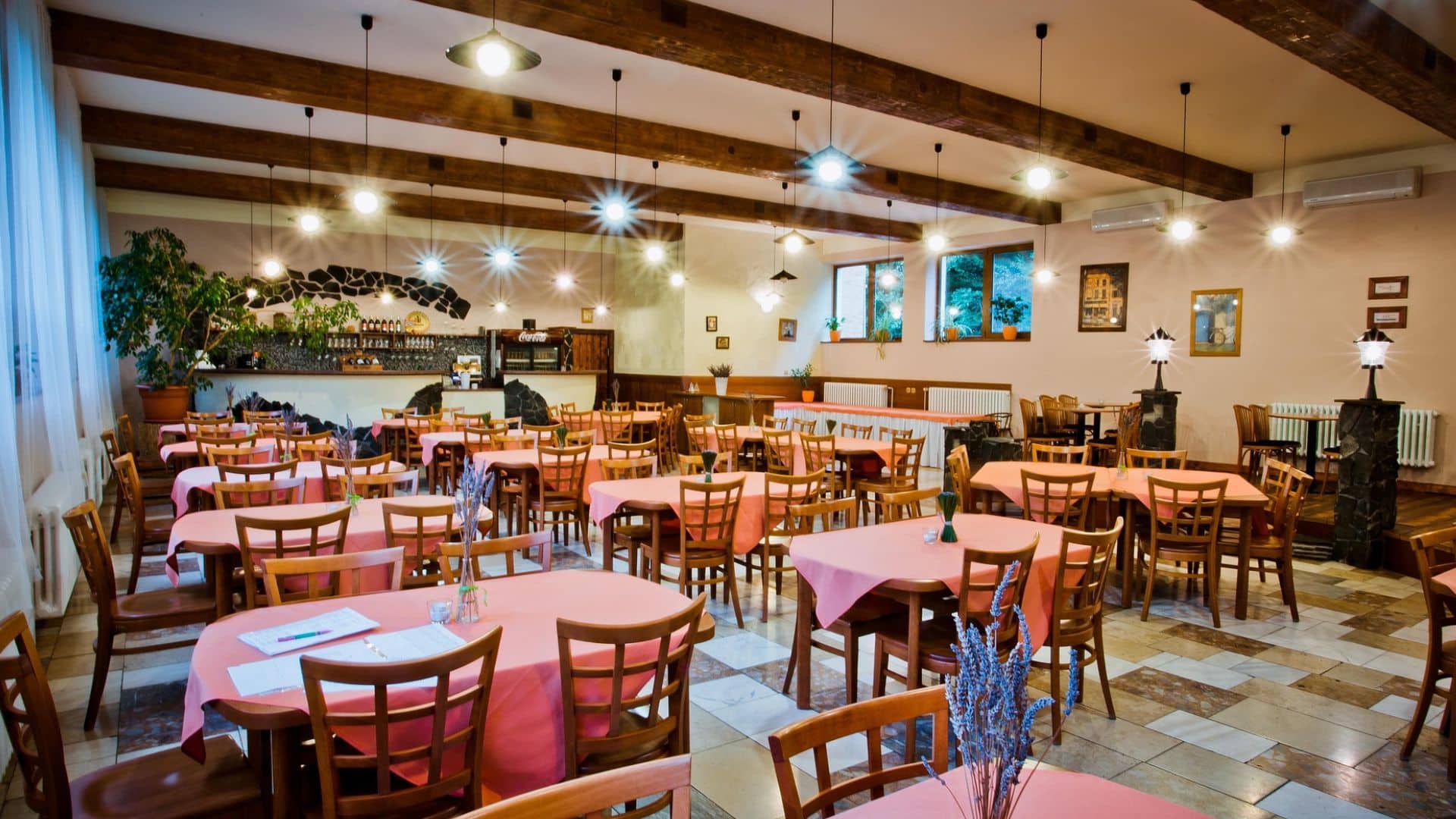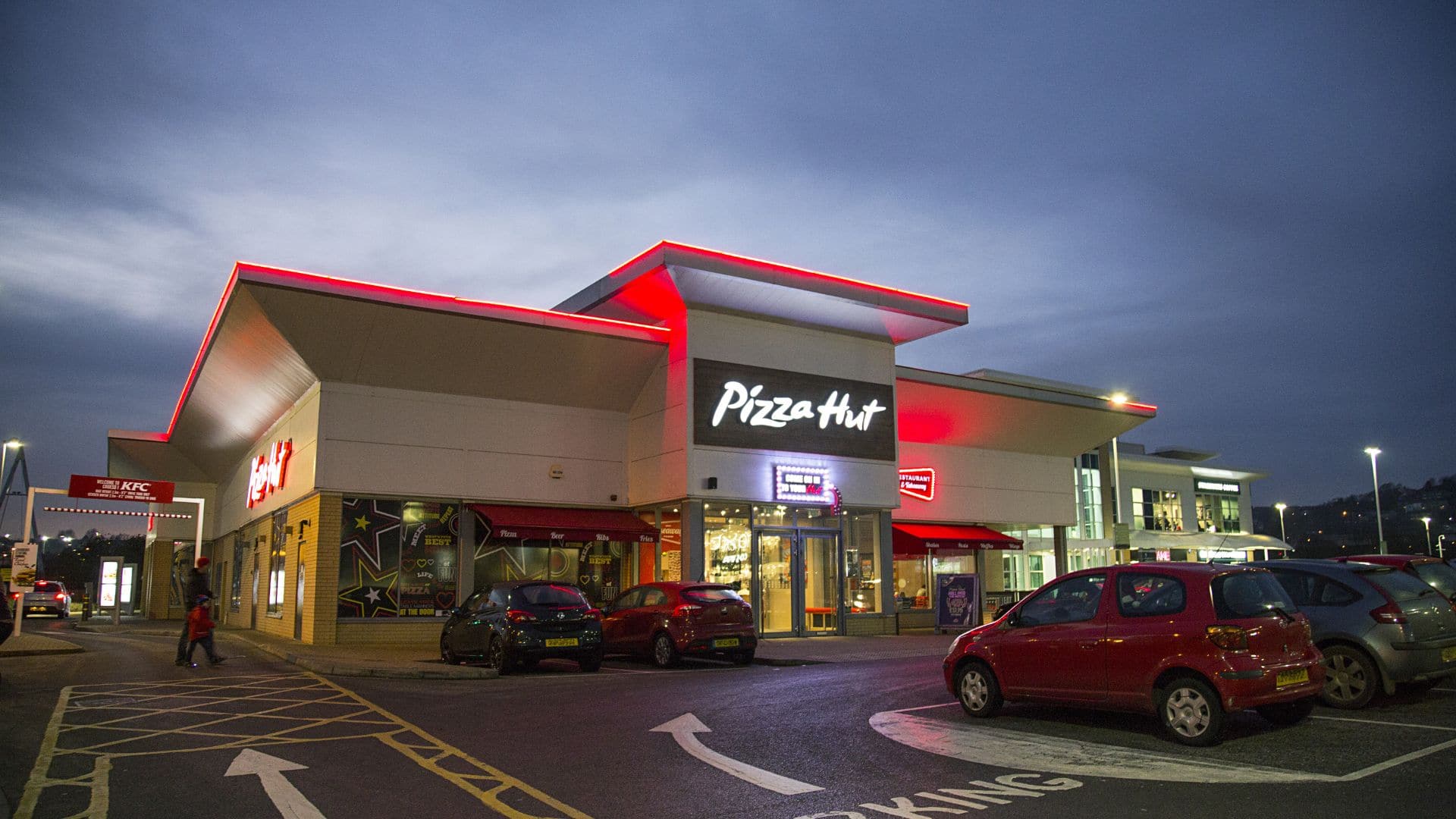The British restaurant sector faces another setback as Pizza Hut’s UK dine-in division announces the closure of 68 locations. The move comes amid financial strain, growing competition, and persistent uncertainty in the hospitality industry. While the decision preserves part of the business, it underscores the difficulties traditional dining chains encounter in adapting to shifting consumer habits.
A difficult chapter for the iconic brand

Once a familiar sight for families across the UK, Pizza Hut’s dine-in restaurants have struggled to maintain profitability. The company confirmed that 68 branches will permanently close, affecting an estimated 741 employees. For many communities, this represents not just job losses but also the disappearance of another recognizable name from Britain’s high streets.
The administration process begins

DC London Pie Limited, the company operating Pizza Hut’s UK dine-in restaurants, has entered administration. Corporate finance firm FTI has been appointed to manage the process, tasked with stabilizing the business and addressing its debts. Although this step signals serious challenges, it also offers a path to protect viable assets and streamline operations.
Yum! Brands steps in

American hospitality giant Yum! Brands, which owns Pizza Hut globally, has moved to acquire the UK dine-in operations through a pre-pack administration deal. This approach allows the brand to continue its presence in the UK while restructuring its ownership. The acquisition reflects Yum!’s intention to safeguard the business and strengthen its long-term position.
Continuing operations and job transfers

A company spokesperson announced that 64 restaurants will continue to operate under the new structure, with approximately 2,259 employees transferring to Yum!’s direct management. These include restaurant teams, regional leaders, and support staff, ensuring that service continuity remains stable through the transition period.
Protecting guest experience and brand identity

Nicolas Burquier, Managing Director for International Operating Markets at Yum! Brands, stated that the company’s top priority is maintaining operational continuity and protecting jobs wherever possible. The focus is on preserving the customer experience that has long defined Pizza Hut while implementing a leaner, more sustainable business model.
Financial struggles from previous ownership

Pizza Hut’s difficulties have been developing for some time. The brand’s former operator, Heart with Smart Limited, collapsed in 2024, leaving around £40 million in debt to its investor, Pricopa Capital. Directional Capital later acquired the business in early 2025 through a pre-pack deal, forming DC London Pie Limited to manage the UK operations.
A competitive and shifting market

The UK pizza market has become increasingly saturated, with emerging brands offering fresher concepts and faster service. Many traditional chains, once dominant, now find it challenging to attract younger consumers seeking convenience, customization, and digital engagement. This change has reshaped the expectations of dining culture across the country.
Economic pressures intensify the crisis

Rising operational costs have compounded the difficulties facing restaurant chains. Increases in national insurance contributions and the national living wage in April have placed additional pressure on profit margins. Combined with a drop in consumer spending, many hospitality businesses are struggling to maintain liquidity and stability.
The broader implications for hospitality

According to Isabelle Shepherd, partner at HaysMac, Pizza Hut’s closures highlight the mounting challenges across the hospitality sector. She noted that declining consumer demand and budget uncertainty continue to weigh heavily on restaurant operators, forcing many to rethink their models to survive in a tightening economy.
A turning point for Pizza Hut’s future

Despite the closures, Yum! Brands’ renewed involvement offers a potential lifeline. With direct oversight, the company can pursue operational reforms and invest in revitalizing its brand presence. This moment could serve as a turning point for Pizza Hut in the UK, as it strives to adapt to the evolving needs of a modern dining audience.

